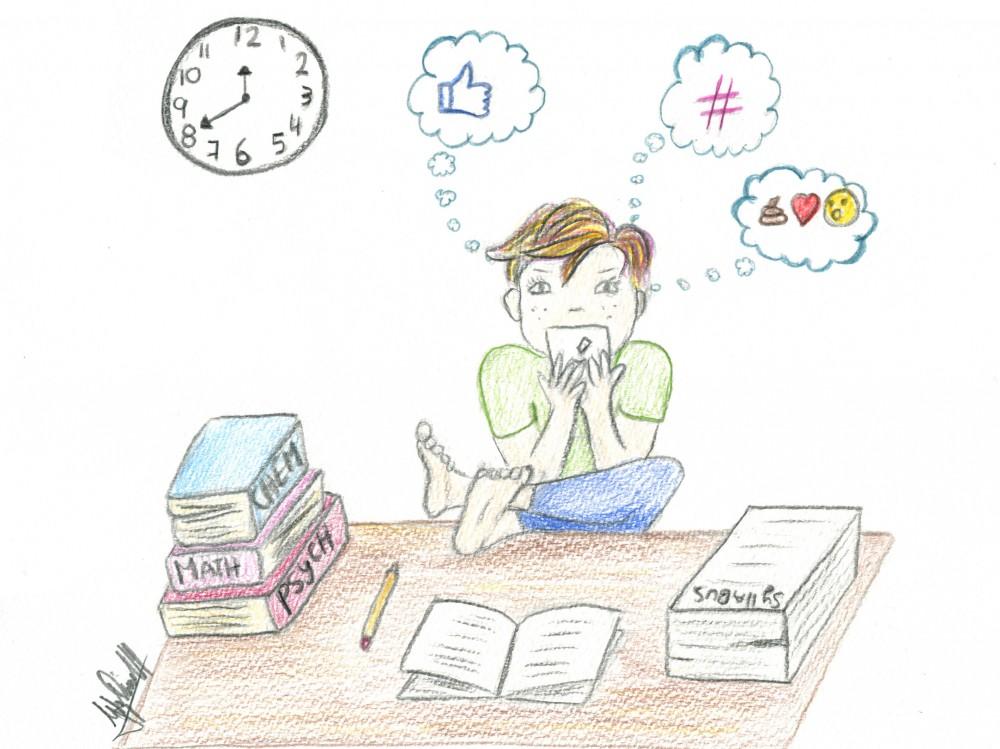Meditate, Don’t Medicate; Does meditation apps work?

Meditate, Don’t Medicate; Does meditation apps work?
Before I began a meditation practice, I thought what you’re probably thinking right now:
I can’t clear my head for a few seconds, let alone minutes every day
But meditation isn’t about clearing your head; it’s about making friends with your mind.
Similar to swimming, or riding a bicycle, meditation is a valuable skill to have whether it becomes a regular part of your day or not.
Humans have been practicing meditation for a long time, long before any bestselling books were written about it.
Though its exact origins are elusive, it’s believed that primitive hunter-gatherer societies discovered it while staring into the flames of campfires.
Over thousands of years, meditation evolved into a structured practice, with Indian scriptures called tantras mentioning formalized techniques as early as five thousand years ago.
Meditating has a number of benefits.
Some are achieved with regular practice, but some are won after just a single session.
It can quell stress, anxiety, and symptoms of depression.
It can reduce inflammation (perhaps through its positive effect on stress hormones).
And it makes your brain work better.
It might even slow the rate at which you age by supporting your telomeres, structures that protect your DNA from damage.
But perhaps the most practical benefit of meditation is its effect on emotional regulation.
Have you ever come up with the perfect comeback to your boss or significant other, only after the confrontation ended?
What a shame, you say to yourself, that your witticism didn’t arrive when it really mattered.
This happens to the best of us, and the reason comes down to the effect that stress has on creative thinking.
Long ago real stress meant physical danger, not interpersonal conflict, and a sharp tongue isn’t going to help you outrun an angry bear.
Our bodies respond similarly today, but modern stress is seldom a life-or-death ordeal.
Consider another common scenario:
has a friend or family member ever irked you to the point of eliciting a harsh reaction, one you wished only after the fact that you could take back?
We’ve all done this in the heat of the moment said something we know we shouldn’t have said, and likely didn’t even mean in the first place.
But because we were in the middle of a fight-or-flight response, we showed our teeth, fangs and all, and it was ugly and regrettable.
What the above situations have in common is that meditation can help prevent both of them, by widening the gap between stressful stimuli and the response it elicits.
That gap is called awareness.
By helping to increase awareness, meditation decreases reactivity, giving you the space to be your best, most creative, and compassionate self during those inevitable times of psychological stress.
To begin with a simple meditation, turn off any music and silence your phone.
Noise during meditation is not a deal-breaker, but you’ll want to avoid unnecessary distractions as best as you can.
Find a place to sit comfortably.
You can have your back supported.
Take a deep breath and settle in.
Make sure your arms are uncrossed.
With your eyes closed, focus on your breath, the gentle inhale and exhale.
As you draw your awareness to your breath, your thoughts are going to want to wander to your shopping list, to your kids’ whereabouts, to the unread emails and text messages waiting in your inbox.
This is totally okay and normal.
All you do when this happens is without scolding yourself direct your attention back to your breath.
Thoughts are normal.
As Emily Fletcher, a globally renowned meditation teacher, always says, trying to will your mind to stop thinking is akin to trying to stop your heart from beating.
Because thoughts will naturally arise, the objective of meditation is not to clear your thoughts.
It is, in fact, to allow your thoughts to arise, perhaps even to acknowledge them, and then to gently and gracefully place your awareness back onto your breath (some practices use a mantra instead of breath the idea is the same).
Imagine saying, “Hey, thoughts, I love you, but I’ll see you later!”
This action will relax you and strengthen your mind, allowing you greater space between awareness and reactivity, which is so useful in everyday life.
Try meditating for ten to fifteen minutes a day, and make an eight-week commitment to your practice.
This exact protocol decreased negative mood and anxiety and enhanced attention, working memory, recognition, and emotional regulation in non-experienced meditators compared to controls.
In terms of time of day, most people will find first thing in the morning (before consuming any coffee or food) to be the best time.
Remember: there’s no such thing as good meditators or bad meditators it’s a practice, and the more you do it, the more you will reap from it.






